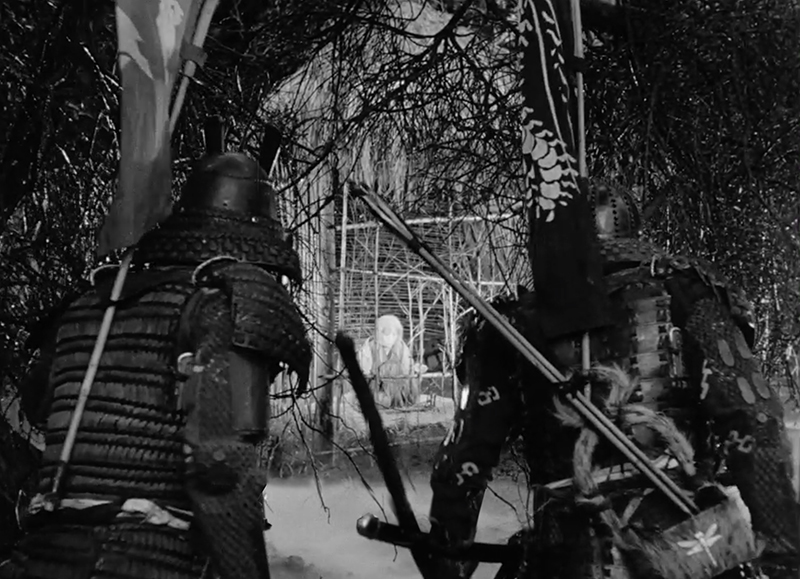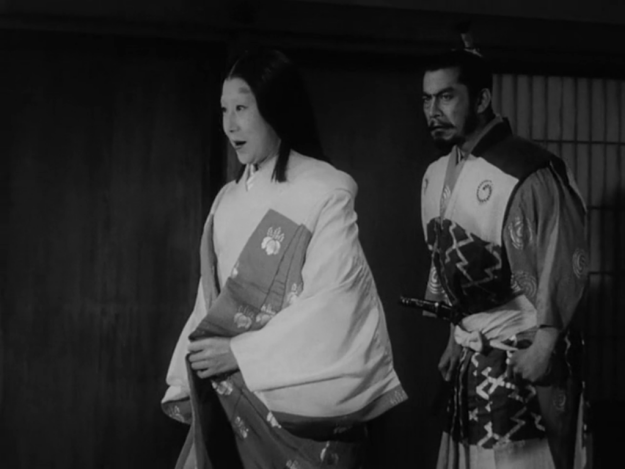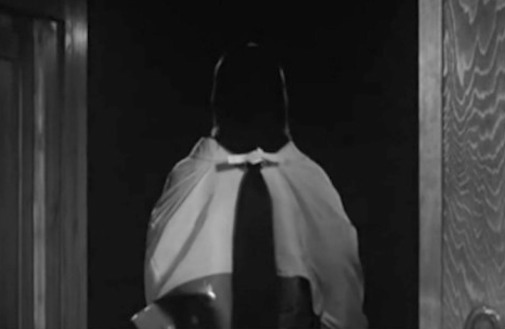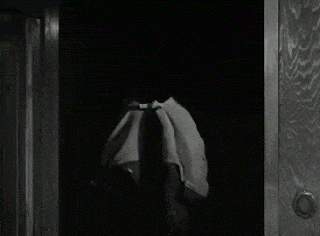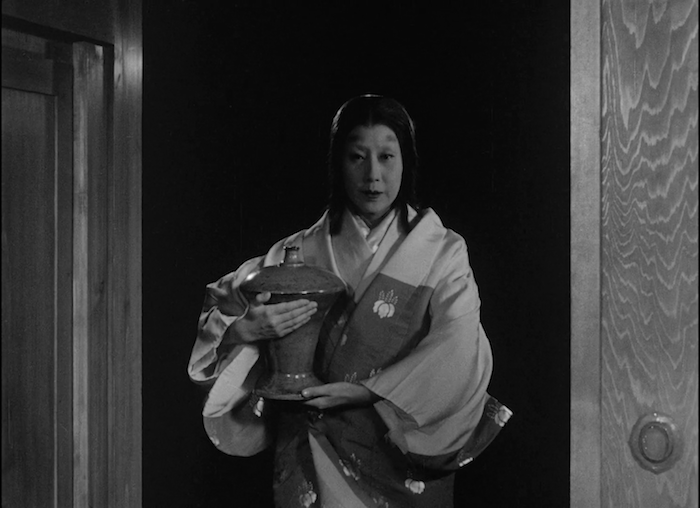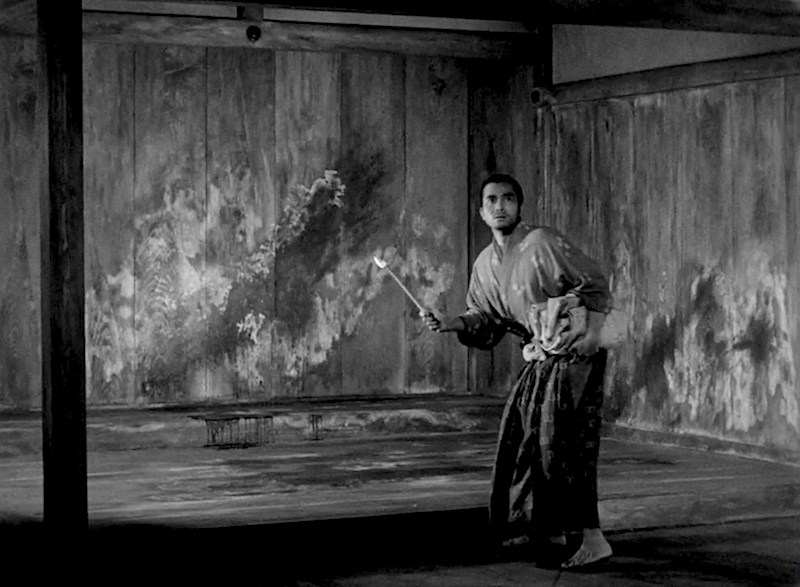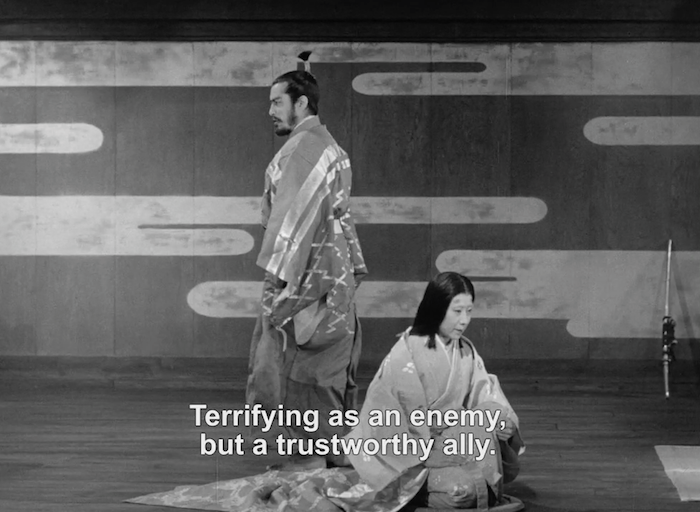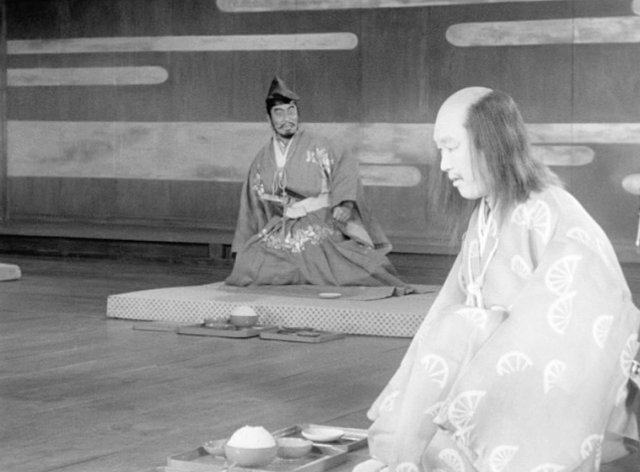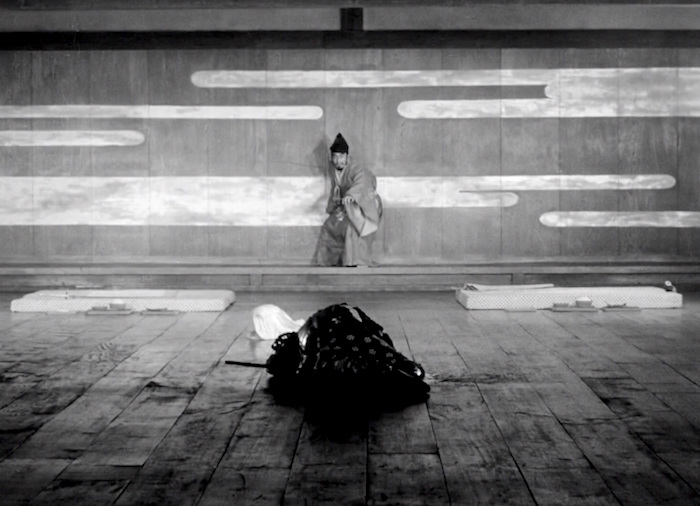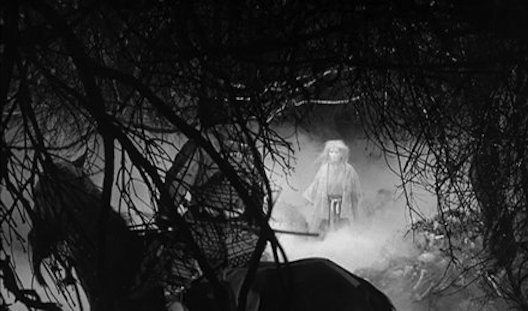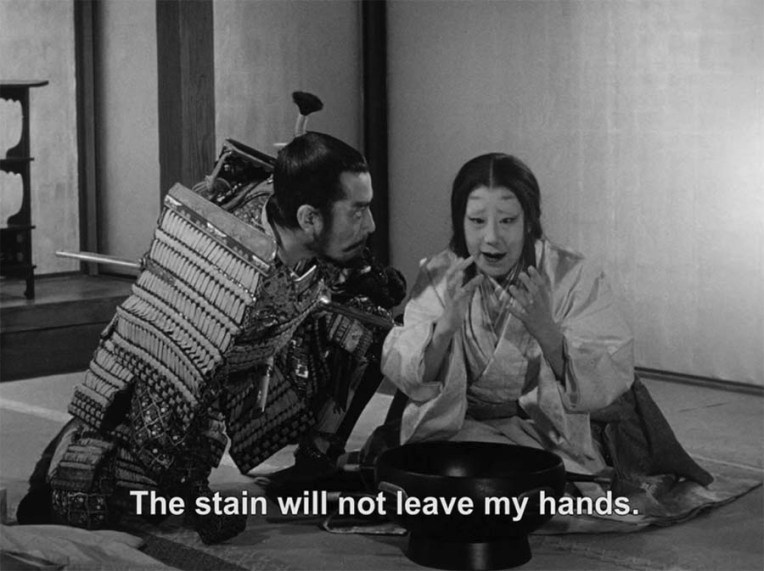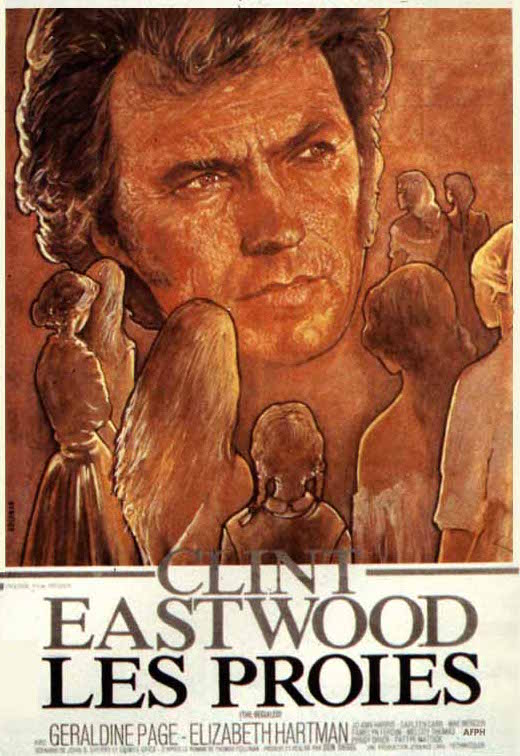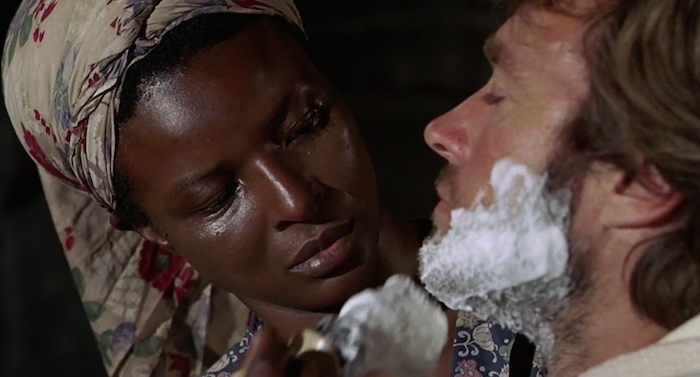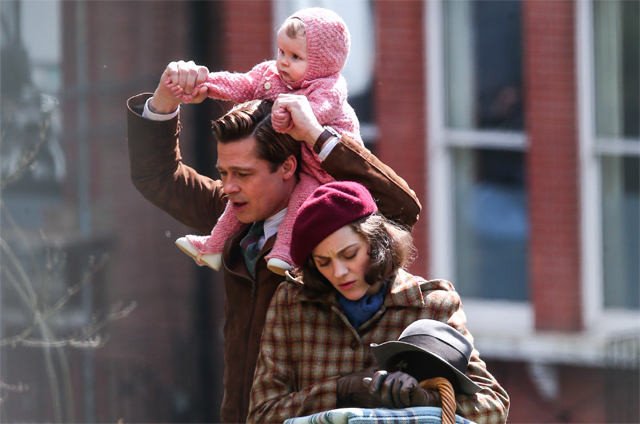Visual Index: Death Becomes Her's Best Shot(s)
 Tuesday, May 3, 2016 at 9:54PM
Tuesday, May 3, 2016 at 9:54PM  This is as good a time as any to tell you that May is "Girls Gone Wild" month at The Film Experience. You know we love a good theme week/month at the site! And with Thelma & Louise and Madonna's Truth or Dare both celebrating 25th anniversaries this very month, it was the only conceivable plus awesome theme to build the blogging around. So we'll be celebrating reckless divas, fierce warriors, psychotic beauties, and blonde venuses all month long. Well that and Cannes hoopla of course.
This is as good a time as any to tell you that May is "Girls Gone Wild" month at The Film Experience. You know we love a good theme week/month at the site! And with Thelma & Louise and Madonna's Truth or Dare both celebrating 25th anniversaries this very month, it was the only conceivable plus awesome theme to build the blogging around. So we'll be celebrating reckless divas, fierce warriors, psychotic beauties, and blonde venuses all month long. Well that and Cannes hoopla of course.
And we'll start Girls Gone Wild right now with actress Madeline Ashton (Meryl Streep) and her frenemy author Helen Sharp (Goldie Hawn) who drink a seductive potion to appease their vanity with spectacular Oscar-winning results. My choice for Best Shot will be up tomorrow as I'm running behind -- when I love a movie too much it takes me so much longer! -- so I'll keep updating this gallery if you're also running late.
DEATH BECOMES HER
Director: Robert Zemeckis; Cinematographer: Dean Cundey
Click on any of the 14 shots to read its accompanying article



